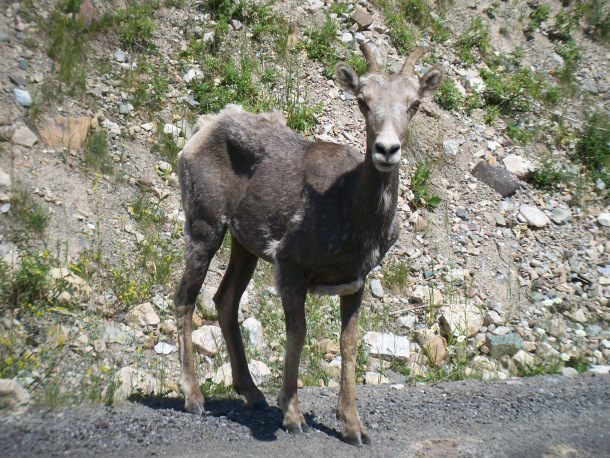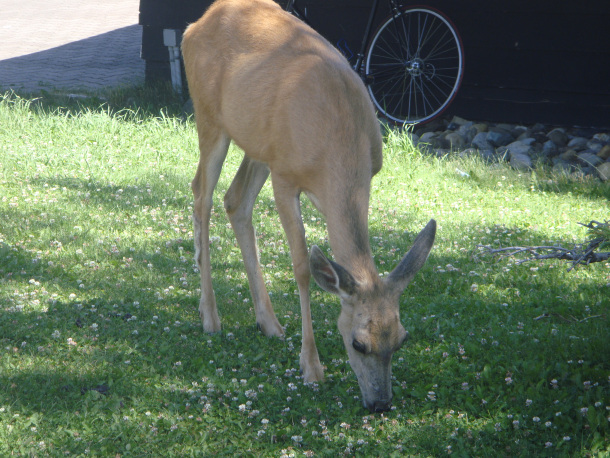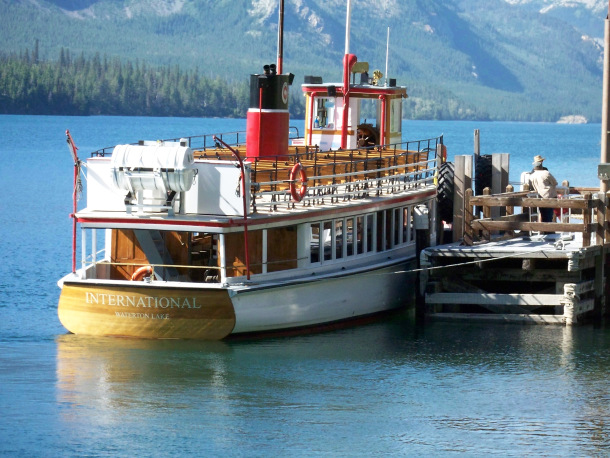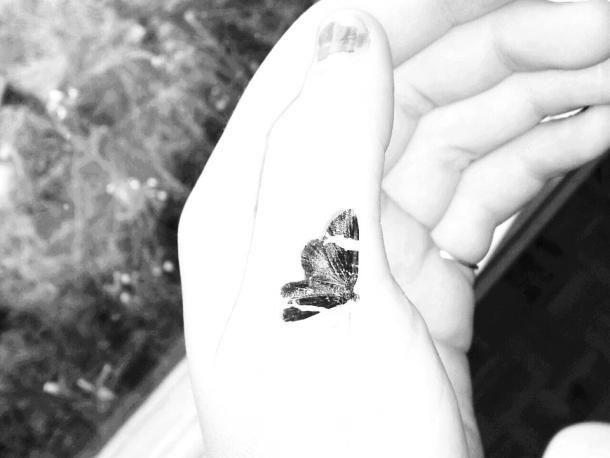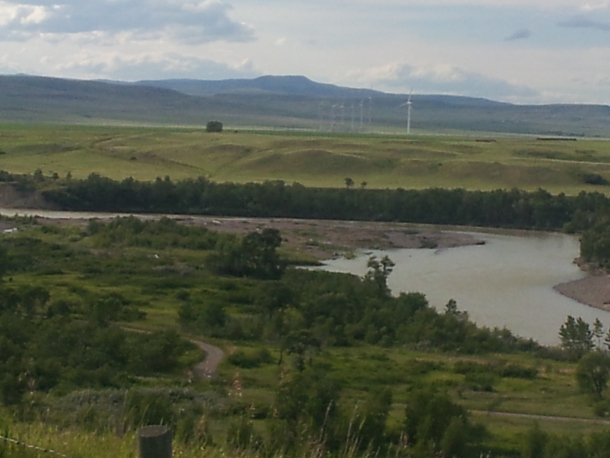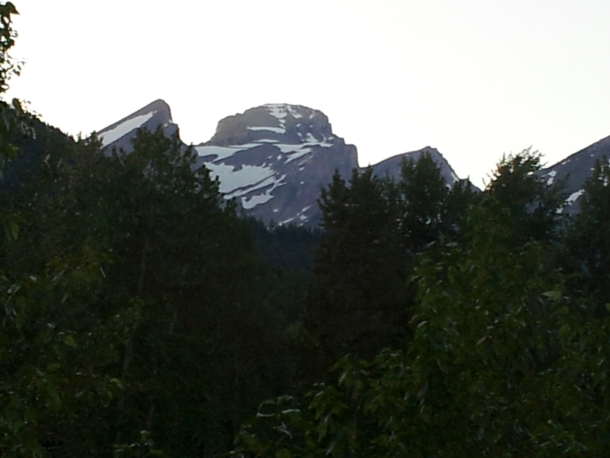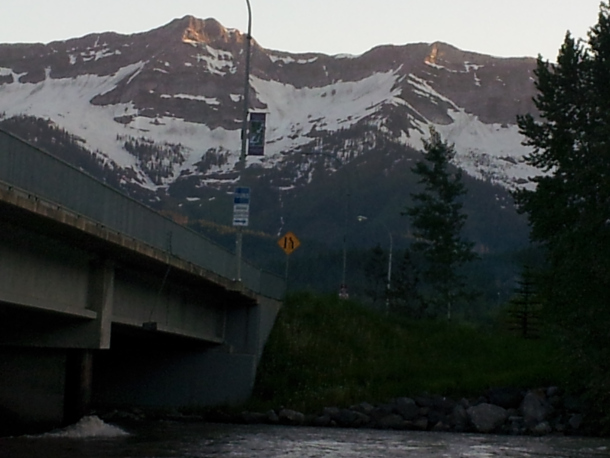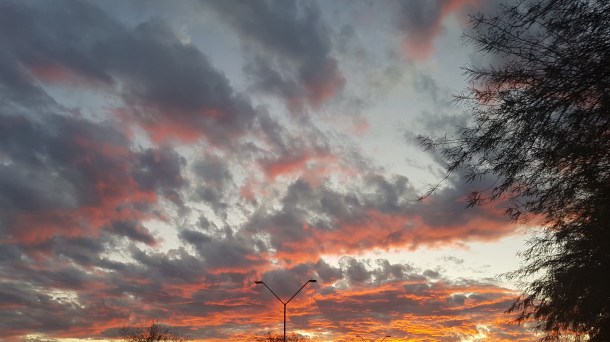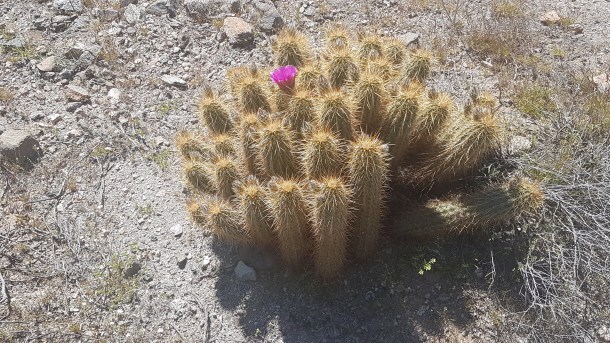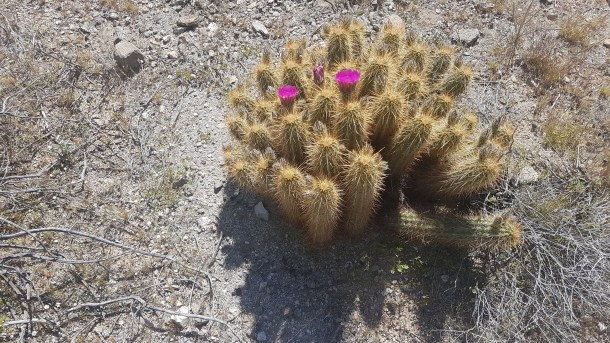Here is a wonderful quote from Abraham Joshua Heschel on how we should live life and, I think, view our neighbours in all their forms:
“Our goal should be to live life in radical amazemement [to] get up in the morning and look at the world in a way that takes nothing for granted. Everything is phenomenal; everything is incredible; never treat life casually. To be spiritual is to be amazed.”
I dip into my photographic archives and poems I wrote around them. Again, this is a trip to Waterton Lakes National Park. It is closed right now. It is interesting to revisit the images and remembrances they stir. It is a reminder of living life in radical amazement, taking nothing for granted.
During the trip, we hiked in an area where there were signs about the possible presence of grizzly bear. Its Latin name is Ursus arctos horribilis. The horrible is an apt description if you end up on the wrong side of one.
When I hike, I wonder what hides from my sight and is quiet as I pass. The dense underbrush path hides things from me, giving them a sense of security. The signs reminded me I am not alone, and our neighbours are not always human.
As luck had it, we saw bear that day. At first glance, this one had the right colouring for grizzly. A closer examination indicated it was missing the tell-tale hump on its back and the wider forehead of a grizzly and was a brown coloured black bear. Behaviour wise it was too close to humans, as it was right next to the road and a hotel. Grizzly are pretty reclusive neighbours.
This one was a black bear for sure. Its colour did not make identifying it a problem. As well, it was smaller. That suggests it was younger, probably born a year before we were there.
Even black bear are dangerous. I tell hockey players I coach about the bear rule to decide on what is appropriate language. I tell them, even with our friends, we don’t know what might trigger a negative (horrible) response. Bear attack about 1 out of 10 times they make contact with humans. We just don’t know which of the 10 times.
Hiking someone’s home
Treading warily, softly
Horribilis‘ habitat.
Not all our neighbours are fearsome. This mountain sheep posed for his picture.
I leave you with this poem about neighbours of various forms.
Neighbours near,
Some visible;
Ducks laugh and swim
Distract us, grouse–
Protect family and spouse
Woodpecker’s hunting lunch–
Delectable larvae, I’m sure.
Others less in evidence;
A fish plays–
Loon here and gone
Games of hide and seek.
A moose–
Signs they have been,
Tracks and droppings.
Insects whirring in the stillness’
Butterflies flitting and feeding
Moving seeds from place to place.
Phantom breeze brushing the floor,
Up high, solitary leaf responding
Waving
Trees sighing.
What watches me?
Neighbours present,
Unseen community–
Nature piecing its puzzles,
Seamless, yet not form fitting.


